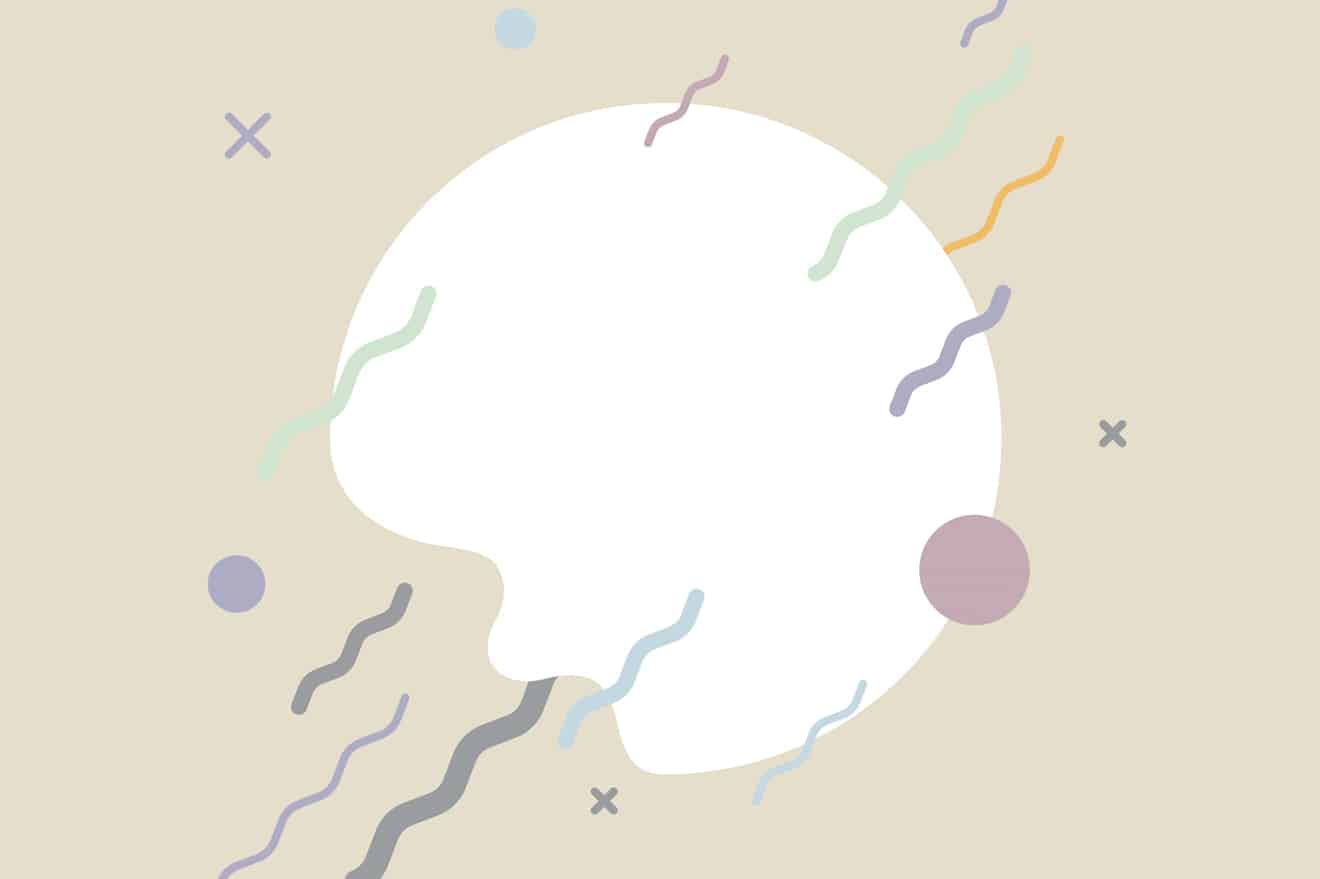30 November 2020
Recently, we have seen developments in experimental techniques which focus on rejuvenating female fertility, including stem cell ovarian transplantation. Given the finite nature of female fertility and its age-related decline, there is growing interest in scientific research which seeks to overcome these biological constraints and deepen our understanding of human reproduction.
Ovarian rejuvenation
There has recently been more news about an experimental procedure known as ASCOT (autologous stem cell ovarian transplantation) which aims to reawaken ovaries following early menopause. This follows the presentation of a medical study by the IVI chain of fertility clinics at the 36th Congress of the European Society of Human Reproduction and Embryology (ESHRE) in July 2020.
A 38-year old woman who was part of a small clinical trial in Spain using this pioneering technique is reported to have successfully given birth to her own biological child, potentially giving hope to other women who might otherwise need to turn to egg donation. Approximately 1 in 100 women under 40 years of age suffer from premature ovarian failure.
Early research using the ASCOT process involved taking medication to encourage the bone marrow to produce stem cells. The cells were then extracted and injected in the ovarian artery to reach the failing ovary and develop and release eggs which could be harvested, fertilised and re-implanted into the womb. In doing so, this technique enables the ovary to partially reverse its ageing process and activate the dormant follicles, which would otherwise remain undeveloped. More recent preliminary results indicate that it may not be necessary to insert the stem cells into the ovary and that stem cells could reach the ovary through the circulatory system, which is less invasive and capable of application in any clinic.
Whilst this is interesting news, further research is needed to assess this experimental technique more fully. So far, this study only benefits from preliminary results that are still in the developmental phase where embryos have been obtained in 2 of the 10 patients included and produced one 37-week pregnancy. More understanding and research is also required because it is reported that “ovarian awakening” can occur spontaneously for brief periods of time.
This follows news of another pioneering process, known as platelet-rich plasma (PRP), which recently attracted headlines as a potential fertility treatment to delay or even overcome the menopause and help women get pregnant. This came about as a result of a small pilot study conducted at the Genesis Athens Fertility Clinic in Greece from 2017 to 2019. Click here to read more about this in my previous blog.
The possibility that female ovarian function could be rejuvenated has long been debated. If these pioneering research studies (and others) yield further promising results in future, it might widen women’s fertility options and reproductive choice. If so, it could mark a step forward in our desire to extend our family building opportunities and delay the female biological clock. It could also reduce reliance on egg donation and surrogacy and widen the window for women to successfully harvest and freeze their own eggs for use in future fertility treatment.
Specialist legal advice
Specialist fertility and family law advice helps navigate evolving fertility treatment and family building outcomes. It can create a bespoke family building legal and practical action plan to help preserve and maximise individual fertility, understand options and make better informed decisions about conception, family creation, biological identity and legacy and legal outcomes if life does not go to plan. It also helps effectively navigate many complex fertility and family law issues, including:
- Legal issues and options where women and men face impaired fertility or lost fertility due to cancer diagnosis or other illness, unsuccessful conception attempts, change in gender, change in personal circumstances, delayed parenthood (e.g. fertility preservation and maximisation, management of existing personal relationships and implications of using donor gametes and fertility treatment).
- Legal issues and options associated with assisted conception involving a known donor, co-parent or surrogate (e.g. legal parentage, parental rights, financial responsibility and dispute mitigation).
- Difficulties with storage and use of frozen eggs, sperm and embryos in fertility treatment in the UK (e.g. problems with consent and expiry of storage terms).
- Issues associated with import of frozen gametes and embryos into the UK for use in fertility treatment and surrogacy (e.g. due to anonymous and commercially obtained gametes and embryos which engage UK public policy restrictions).
- Issues concerning the export of frozen gametes and embryos abroad for use in fertility treatment and surrogacy (e.g. consent and storage term difficulties).
- Unexpected death of a loved-one and related issues associated with posthumous storage and use of eggs, sperm and embryos in fertility treatment (e.g. due to an accident or illness).
- Legal parentage issues and disputes (e.g. concerning DNA testing, direct-to-consumer genetic testing, rectification of birth certificate, declaration of parentage, step-parent adoption, recognition of overseas adoption, parental order).
- Care and upbringing of children following a dispute with an ex-partner, parent, donor or surrogate (e.g. contact, residence, financial arrangements, parental responsibility, specific issue or prohibited steps).
Need a fertility lawyer or a family lawyer? If you would like to discuss your situation or you require specialist fertility and family law advice and assistance please contact Louisa by email louisa@louisaghevaertassociates.co.uk or by telephone +44 (0)20 7965 8399.




